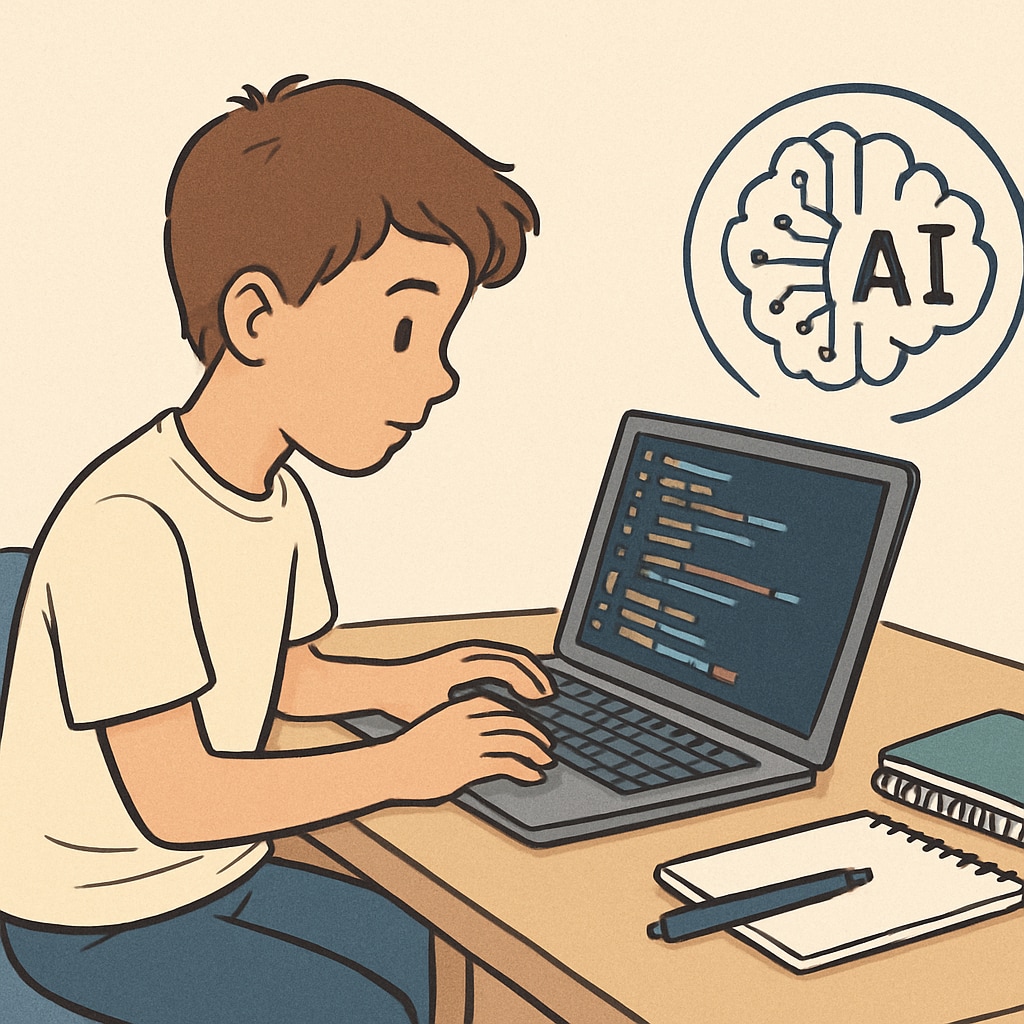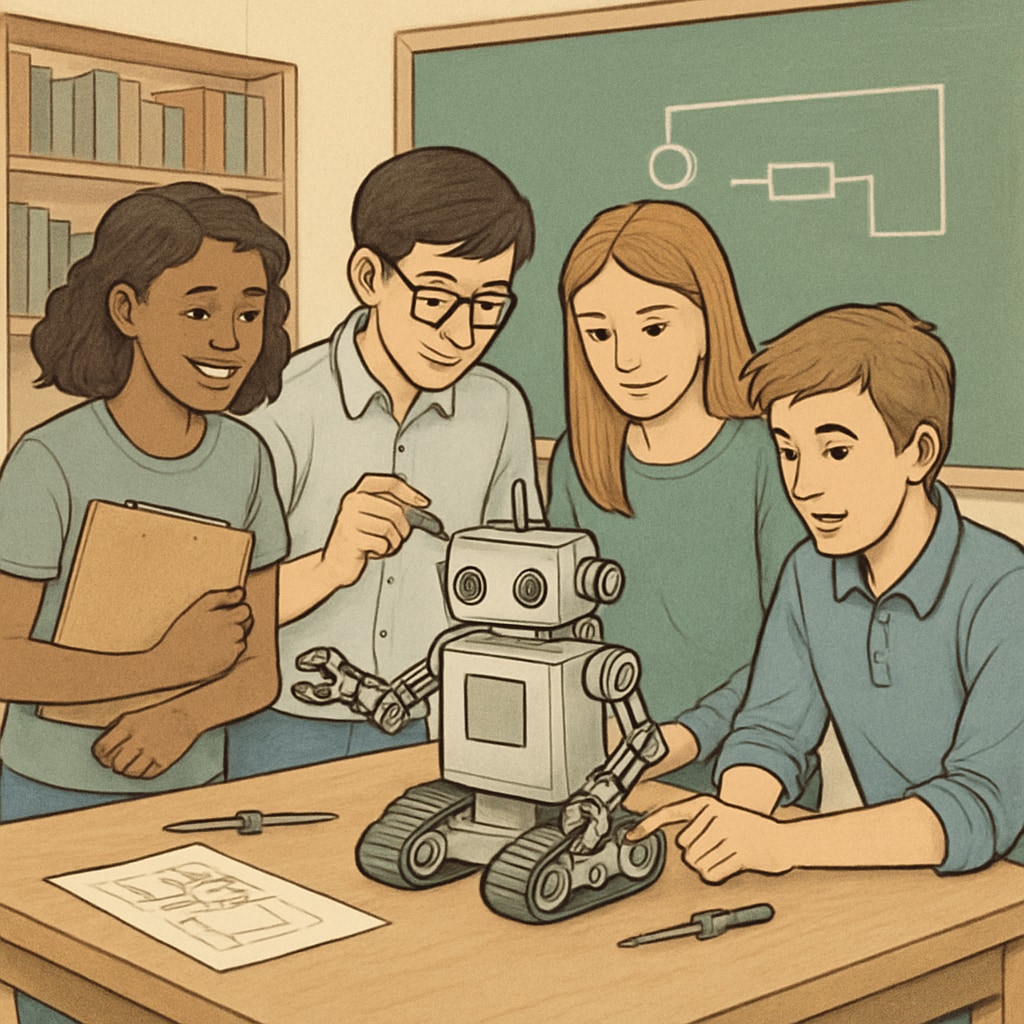In today’s rapidly evolving AI era, the question of career choices has become increasingly relevant for young students. Many 8th-grade students find themselves torn between pursuing careers as programmers or engineers, wondering which path will lead to greater opportunities in a world dominated by artificial intelligence. This article explores the evolving landscape of these professions and offers practical guidance for young minds navigating their future in technology.
Understanding the Differences: Programmer vs. Engineer
While the terms “programmer” and “engineer” are often used interchangeably, they represent distinct career paths. Programmers focus on writing and debugging code, creating software applications, and ensuring systems run smoothly. Engineers, on the other hand, apply broader principles, integrating hardware and software to design systems, products, and infrastructure. For example, software engineers might develop complex applications, while mechanical or civil engineers focus on fields such as robotics or construction.

As AI continues to evolve, both roles are adapting. Programmers are increasingly required to understand AI algorithms and data science, while engineers must incorporate AI-driven tools into their design processes. Therefore, understanding your personal interests and strengths is crucial when making a choice.
The Impact of AI on Career Opportunities
The rise of AI is reshaping the job market at an unprecedented pace. According to a report by the Encyclopedia Britannica, automation has already begun replacing repetitive tasks in areas like manufacturing and data entry. However, it has also created demand for new skills in AI development, machine learning, and robotics engineering.
Programmers are at the heart of AI innovation, developing algorithms that make machines “think.” Engineers, on the other hand, leverage these advancements to build smart infrastructure, automated vehicles, and sustainable energy solutions. Both fields offer immense opportunities, but the key lies in understanding where your passion aligns.
Practical Steps for Career Planning
Choosing between programming and engineering can be daunting, but the following steps can help clarify your decision:
- Explore Your Interests: Are you more drawn to coding and problem-solving, or do you enjoy designing systems and working with hardware?
- Research the Market: Understand current trends in AI and how they impact both fields. For example, the rise of autonomous systems has boosted demand for AI engineers.
- Seek Mentorship: Talk to professionals in both fields to gain insights into their day-to-day work and long-term career growth.
- Gain Hands-On Experience: Try coding projects, robotics kits, or STEM programs to see which aligns with your skills.

Preparing for a Future in AI
Regardless of the path you choose, preparing for an AI-driven future requires a strong foundation in STEM (science, technology, engineering, and mathematics) subjects. According to Wikipedia, STEM education fosters critical thinking and innovation, both essential for AI-related careers.
In addition, soft skills like communication, teamwork, and adaptability are increasingly valued in tech roles. Engineers and programmers alike must collaborate across disciplines to solve complex problems. Building these skills early will set you apart in the competitive job market.
As a result, the AI era offers countless opportunities for young minds ready to innovate and adapt. By understanding the differences between programming and engineering, exploring your interests, and developing relevant skills, you can confidently navigate your career path in this transformative time.


